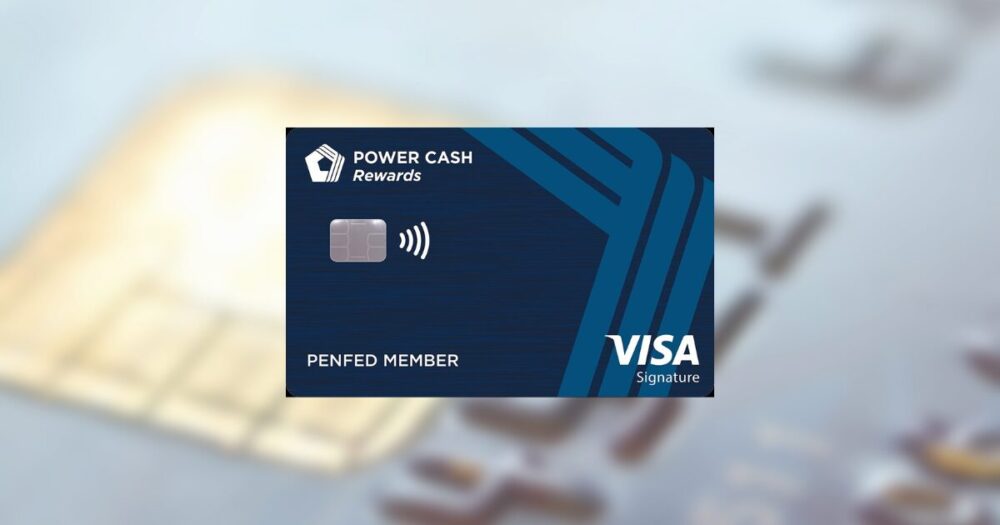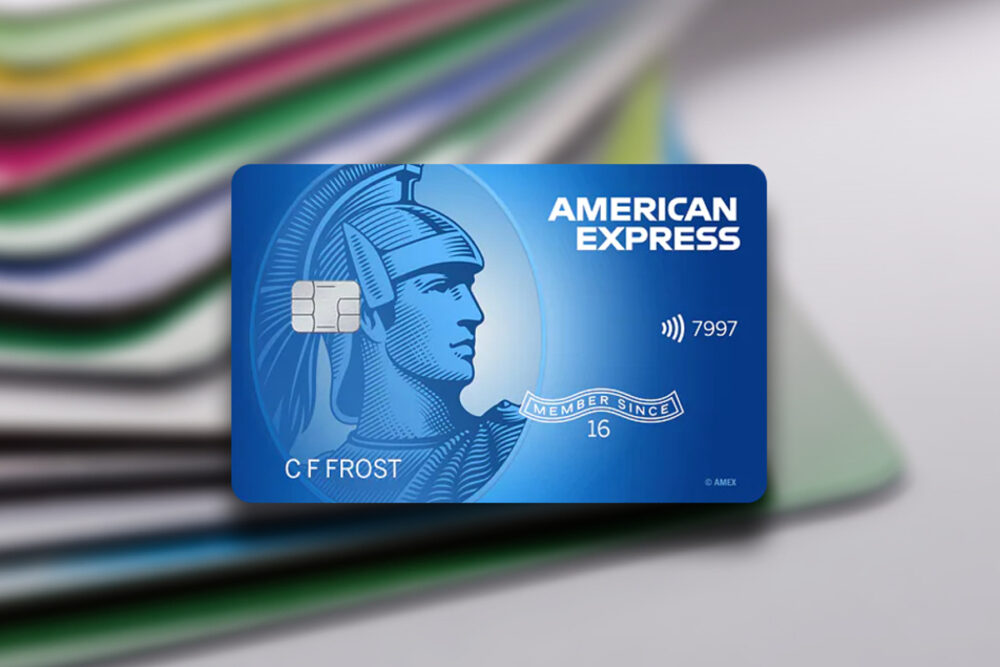The Impacts of Credit Card Rewards on Personal Finances

Understanding Credit Card Rewards
Credit card rewards can be an enticing feature for consumers looking to maximize their spending. These programs often promise benefits that seem advantageous at first glance, but it’s essential to understand their real impact on personal finances. In the ever-evolving landscape of consumer finance, making informed decisions about credit card rewards can lead to significant advantages, but it also demands caution and awareness to avoid pitfalls.
Types of Rewards
The landscape of credit card rewards is diverse, catering to various preferences among users. Credit card rewards typically fall into three main categories:
- Cash Back: Cards that offer cash back provide a percentage of your spending back to you as cash. For instance, using a cash back card for grocery purchases might yield 2% back, so for every $100 spent, you receive $2. This can be especially beneficial for everyday expenses.
- Travel Points: These rewards are geared toward those who frequently travel. For example, some cards allow you to earn points that can be redeemed for flights, hotel stays, or car rentals, making them attractive for the avid traveler looking to offset travel costs.
- Gift Cards: Many rewards programs offer gift cards as a redemption option. This can be practical for consumers who like to shop at specific retailers, allowing them to convert points into usable gift cards for stores they commonly frequent.
Potential Benefits
A well-chosen rewards program can lead to substantial savings and exciting perks. For instance, someone who travels frequently can accumulate points for free flights or hotel stays, significantly lowering their overall travel expenses. Similarly, a busy family using a cash back card for daily expenses can find they receive hundreds of dollars back at the end of the year, which can be redirected into savings or used for holiday shopping.
Costs and Fees
Nevertheless, potential downsides exist. It’s crucial to be mindful of annual fees, which can range from nominal amounts to several hundred dollars, depending on the card. High-interest rates could also reduce the benefits of a rewards card. If someone carries a balance on a high-interest credit card, the interest charges may exceed the rewards earned, ultimately putting them in a worse financial situation. For instance, if you accrue $200 in rewards but pay $300 in interest, you’ve lost money instead of gained value.
Managing Rewards Wisely
To fully leverage the advantages of credit card rewards, consider these practical tips:
- Pay Your Balance in Full: Making timely payments and avoiding carrying a balance is vital, as interest charges can offset any rewards received. For example, if your card has a 20% APR and you carry a $1,000 balance, you could end up paying $200 in interest versus reaping the $50 in rewards.
- Choose Rewards Aligned with Your Spending Habits: Select a card that matches your purchasing behavior. If you often dine out, consider a card that offers enhanced rewards on restaurant spending. Tailoring your rewards to your lifestyle can significantly increase their value.
- Monitor Rewards Expiration: Stay informed about the expiration dates of your rewards. Some programs may have conditions that require you to redeem rewards within a certain timeframe, and being unaware of these can lead to lost rewards.
By being informed and strategic, you can harness the power of credit card rewards to enhance your financial situation rather than compromise it. Making smart choices about credit cards is not just about accumulating points or cash back; it’s an important aspect of overall financial health. Understanding the nuances of these programs can lead you to better spending habits and more broad financial rewards in the long term.
DIVE DEEPER: Click here to discover more insights
Evaluating the Trade-offs of Credit Card Rewards
While credit card rewards programs can provide enticing benefits, understanding the trade-offs involved is crucial for making sound financial decisions. Customers must navigate a landscape filled with appealing offers, all while assessing the implications for their personal budgets and credit health. To avoid falling into common traps, it’s important to analyze how rewards can impact a consumer’s financial situation.
The Effect on Spending Behavior
One of the most significant implications of credit card rewards is their potential to alter spending behavior. The allure of earning points or cash back can lead many consumers to shift their purchasing habits. For instance, someone who might typically refrain from dining out may find themselves doing so more often just to earn rewards on a restaurant card. While this can increase rewards accumulation, it may also inflate monthly expenses.
Consider a scenario where a consumer decides to use a reward card with a 3% cash back on dining out. If they previously allocated $200 per month for meals, but now feel encouraged to dine out more frequently and spend $400, they could earn $12 in cash back. However, this increases their spending by $200, which may outweigh the benefit of the cash back received. This change in behavior highlights the critical need to remain vigilant about spending habits when using reward cards.
Impact on Financial Discipline
The psychological appeal of rewards can also impact financial discipline. Researchers suggest that consumers often experience a phenomenon known as “the spendthrift effect,” where the existence of rewards makes them less careful about their spending. This is particularly dangerous if consumers view the rewards as a justification for excessive purchases rather than responsible financial management. Here are some practical examples of how this behavior might manifest:
- Overspending on Non-Essentials: Consumers might splurge on luxury items or experiences, believing that their reward points will balance out the costs, ultimately leading to financial strain.
- Impulsive Purchases: Expecting to earn rewards may encourage spur-of-the-moment decisions to buy things that wouldn’t typically fit into a budget, resulting in unexpected debt.
- Ignoring Cash Flow: Relying too heavily on rewards can lead individuals to overlook their cash flow needs, forgetting that accumulating debt ultimately costs more than any benefits gained from rewards.
Understanding these behavioral impacts is key to utilizing rewards responsibly. By maintaining a clear budget and avoiding the temptation to overspend for points, consumers can enjoy the benefits of their credit cards without sacrificing their financial stability. It’s essential to remain aware of how rewards influence not just spending, but overall financial health, leading to more conscious purchasing decisions.
DISCOVER MORE: Click here for a step-by-step guide
Understanding Fees, Interest Rates, and Penalties
Another important aspect to consider when evaluating credit card rewards is the potential impact of fees, interest rates, and penalties associated with these cards. While the rewards can be attractive, consumers should carefully scrutinize the fine print, as these costs can quickly negate the benefits gained from reward programs.
Annual Fees
Many credit cards that offer lucrative rewards come with annual fees. While some no-fee cards do exist, premium reward cards often charge $100 or more per year. For instance, a card may offer excellent travel rewards but at a cost that could diminish the value of the points earned. If a consumer fails to travel enough to earn rewards that exceed the fee, they may end up spending more to maintain the card than they actually receive in benefits. For example, if you earn $200 worth of benefits but pay a $150 yearly fee, your net gain is a modest $50. It’s essential to evaluate if the benefits you are receiving are worth the cost of maintaining the card.
High Interest Rates
Credit card debt accrues interest at a rate many consumers do not fully grasp until it’s too late. Most reward cards come with higher interest rates compared to standard cards. If a consumer carries a balance from month to month, the costs of interest can quickly surpass any rewards gained. For example, if someone has a balance of $2,500 on a card with a 20% APR, the monthly interest alone can reach nearly $42. If they earn $20 in rewards during that same month, they end up losing money overall. Therefore, being cautious about carrying a balance is crucial when using reward cards.
Late Payments and Penalties
Missing a payment can lead to substantial penalties that undermine the benefits of credit card rewards. Many credit card companies impose a late fee that can reach upwards of $40. Additionally, a missed payment can lead to increased interest rates and damage one’s credit score. A consumer excitedly earning cash back may be left with a significant penalty that would eat away at their rewards. For example, if they earned $50 in cash back but incurred a $40 late fee, their effective benefit shrinks to just $10, which is hardly worth the risk of late payments.
Understanding the Terms and Conditions
Before signing up for a credit card, it is vital to understand the terms and conditions fully. Cards can have various restrictions on earning and redeeming rewards. Sometimes, points might expire if not used within a specific time frame, or rewards may not be available for certain purchases or services. Additionally, some cards promote attractive “sign-up bonuses” that can only be redeemed under specific conditions, such as spending a minimum amount in the first few months. Being knowledgeable about these terms can help consumers make more informed decisions.
By evaluating the potential fees, the interest rates linked to the cards, and the penalties for late payments, consumers can gain a clearer understanding of how credit card rewards affect their overall financial health. Knowledge becomes a powerful tool in navigating the complexities and ensuring that the advantages of rewards programs do not come at an unexpected cost. Understanding these details allows consumers to maximize benefits while safeguarding their financial well-being.
LEARN MORE: Click here for insights
Conclusion
In summary, while credit card rewards can provide significant benefits, they can easily become a double-edged sword if not managed wisely. Understanding the intricacies associated with credit card rewards is crucial for maintaining a healthy financial profile. Consumers must weigh the annual fees against the rewards they earn, ensuring that their spending aligns with their financial goals. For example, a card that offers 2% cash back on grocery purchases may seem appealing, but an annual fee of $100 could negate those rewards if your grocery spending is limited.
Similarly, being aware of the high interest rates commonly associated with reward cards is essential; carrying a balance can eliminate the benefits gained and even lead to deeper financial troubles. If a card has a 20% APR and you carry a balance, interest charges could quickly outpace any cash back or points earned. Therefore, it’s advisable to pay off the balance in full each month to truly benefit from credit card rewards.
Moreover, attention to late payment penalties and their potential impact on rewards is vital. A single missed payment can erode the value of cash back earned, as the penalties can range from $25 to $40, not to mention the potential hike in interest rates that might occur after just one late payment. This reinforces the importance of setting reminders or using automatic payments to ensure timely payments.
Finally, grasping the terms and conditions of each card can prevent misunderstandings regarding rewards and their usage. Terms often include expiration dates on points, limitations on categories where rewards can be earned, or caps on maximum rewards, which can lead to frustration if not understood beforehand. By being diligent and informed, consumers can navigate the complexities of credit card rewards effectively.
Ultimately, maximizing credit card rewards is about striking a balance. If approached thoughtfully, these programs can enhance personal finances rather than distort them. As such, a well-researched and cautious approach can allow consumers to reap the benefits of credit card rewards while maintaining a robust financial foundation. By taking the time to choose the right card, monitoring spending, and managing payments effectively, individuals can enjoy the perks of credit cards without jeopardizing their financial health.


